When you take time to think about an experience you had, your actions while it was unfolding and what you would do the next time you find yourself in a similar situation, you are learning from experience.
It often takes effort to develop insights into our own experiences. For this reason, EE activities will be accompanied by structured reflection, or exercises designed to help you consciously make greater sense of these experiences in light of theories, course content and your own ideas. For example, following a concrete experience, you may have to explain why certain events occurred, justify the necessity of certain procedures, consider the experience from multiple perspectives, or challenge your own assumptions.
Kolb’s reflective learning cycle is a useful way to think about the different steps of your learning from experience. To learn more, hover over the key terms on the circle.
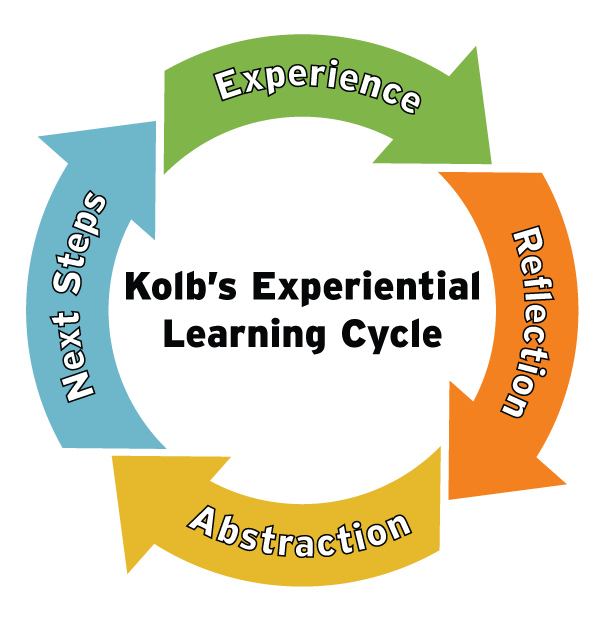
Tools for Reflection
While your professor or teaching assistant will prompt you to reflect on your experience, there are a few things you can do on your own to gain further insights.
It may be useful to keep a learning journal in which you consciously work through the cycle whenever you experience something new. As you become more familiar with the process, it will become easier, and you might even find yourself combining steps and working through them more quickly. Or, when an experience is particularly complex, you may need more time to make sense of it. In any case, reflective learning is a useful skill to develop self-awareness and critical thinking skills both for your academic work and for your future career.
Some simple but effective practices are:
- Keeping a journal throughout your experience and reading over your entries later
- Taking time to talk to your classmates about their experiences and comparing them to your own
- Contributing to any online discussion groups in your class
- Writing yourself a “letter” before the experience detailing your goals, and reading it again afterwards
- Debriefing experiences with your professor or teaching assistant during their office hours
Four Levels of Reflection
You may wonder about how to know if your reflections are adequately capturing your learning experiences. Below are descriptors for reflection, from providing a simple description of an event or experience (habitual action or non reflection) to critical reflection. While you should discuss with your prof what he or she expects in terms of level of reflection, you should aim to attain the Reflection and Critical Reflection levels.
- You complete tasks with little or no conscious thought
- You do the work by following steps, without really understanding the steps
- The description of your work is not meaningfully connected to course content, experience, values or assumptions
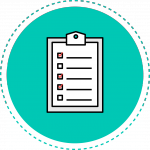 Example:
Example:
You follow a lab manual to produce a report on the effect of jogging on the cardiovascular system of the body. Your report includes a description of what you’ve done and displays the results. The conclusion is a summary of your findings. As soon as your work is finished, you don’t think about it anymore.
- Your comprehension of class concepts is evident through the thorough nature of the work you have produced
- However, your work does not contain any original ideas, only what has been discussed in class
- You don’t establish a connection between the practical experiences and the theoretical concepts covered in class
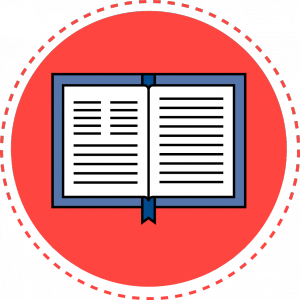 Example:
Example:
While working on a report on how jogging affects the cardiovascular system, you grasp how our ability to distribute oxygen to our muscles can be improved. This knowledge can be used in the future.
- In your work you are able to make meaningful connections between theory to practice and personal experience
- Your work uses concepts taught in the course to draw further conclusions, and may be linked to research
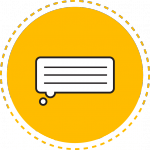 Example:
Example:
While writing a report on jogging’s effect on the cardiovascular system, you realize why you have been feeling different since you took up cycling two months ago. You then suggest other activities that could have similar results and why.
- You use your work to recognize and critique the beliefs and assumptions you hold
- You show evidence of a change in perspective due to the new information presented in the assignment or are able to justify why you maintain your previous position
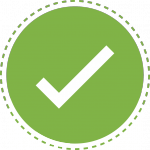 Example:
Example:
Through writing this report, you realize that although you had originally assumed exercise was meant to help you look better, it actually has been making you feel healthier and happier. Instead of exercising for cosmetic gains, you realize that you can gain a better overall outcome if you focus on health improvement.
Four Levels of Reflection - PDF download
EE Learning Plan Template
In an EE course, your teacher will help you develop your skills as a reflective learner, but that doesn't mean you can't work on your reflective skills independently. The EE Learning Plan template provides one way to set your own learning objectives relative to experiential education. Download the template so that you can refer back to it part way through your EE course and revise your goals as necessary. Then, have a look again at the end to reflect upon how well you have reached your objectives and what learning has occurred that you did not expect.
EE Learning Plan Template - PDF download
EE Learning Plan Template - Word download
EE Project Roadmap
The Project Roadmap is useful in articulating your EE project overview and key deliverables, which the community partner / professor expects of you.
EE Project Roadmap - PDF download

